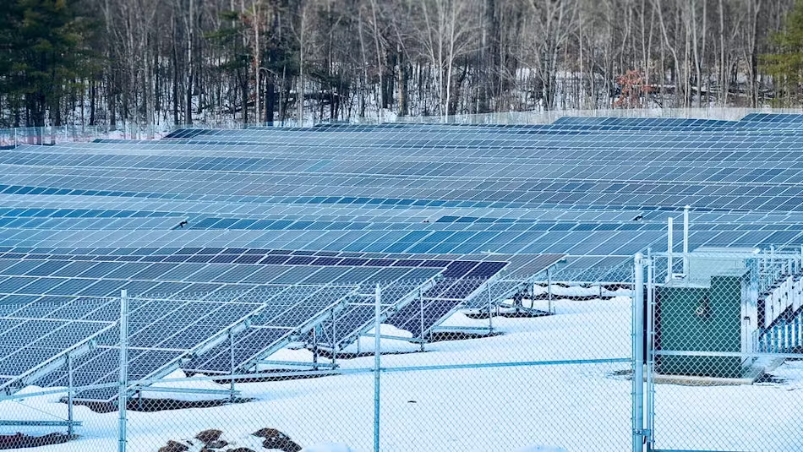
New York has always ranked high as a national leader in microgrid friendly policies, even if lagging behind a few states in actual installed projects.
The ground-level reality could change upwardly as the Empire State welcomes an accelerating pipeline of microgrids planned by a host of developers. In one of the latest deals, independent power producer Alternus Clean Energy announced a joint venture this month with New York-based Acadia Energy.
Alternus and Acadia are teaming up with the goal of developing and operating 200 MW in future microgrid capacity across New York. The partnership sets its sights on the next two to three years for developing, commissioning and operating the future portfolio.
“Joining forces with Alternus Energy enables us to amplify our impact and accelerate the deployment of cutting-edge microgrid technology across upstate New York,” John Bay, CEO of Acadia Energy, said in a statement. “Our shared vision for a sustainable future and Acadia’s extensive experience in developing a pipeline of over 1.2 GW of projects provides a solid foundation for this initiative.”
South Carolina-based Alternus Clean Energy will hold a 51% stake in the joint venture projects, while Acadia will lead development efforts. Acadia is based in Fleming, New York, and has worked on developing microgrids projects in the city of Carthage and in Chenango County in the state.
Acadia Energy was co-founded by CFO Steve Infanti and John Bay, company president. The goal was to focus on new energy solutions for upstate New York, which traditionally has played host to larger-scale renewable energy projects which generated electricity that was transmitted out of the region, according to the company’s public relations direct Kris Betts in a YouTube video on the Acadia business plan.
One of the plans is to develop an array of microgrids in Cayuga County and utilize that electricity in numerous ways, including on-site power customers and to other communities in upstate New York.
A 2022 scorecard by the non-profit advocacy group Institute for Local Self-Reliance ranked New York among the nation’s top states for policies supporting local clean energy projects. California, Massachusetts and Illinois were the only top-ranking states, although a similar scorecard by Think Microgrid named Texas as perhaps the top tier state for microgrid-friendly policies, alongside Connecticut, Hawaii and Colorado.
Two years later, the same group ranked Illinois as the only state with an above average grade, while Institute for Local Self-Reliance scored New York at a C level. The same 2024 report, however, ranked Texas with an F, despite the state’s No. 1 position in working microgrid installations, according to numerous reports.